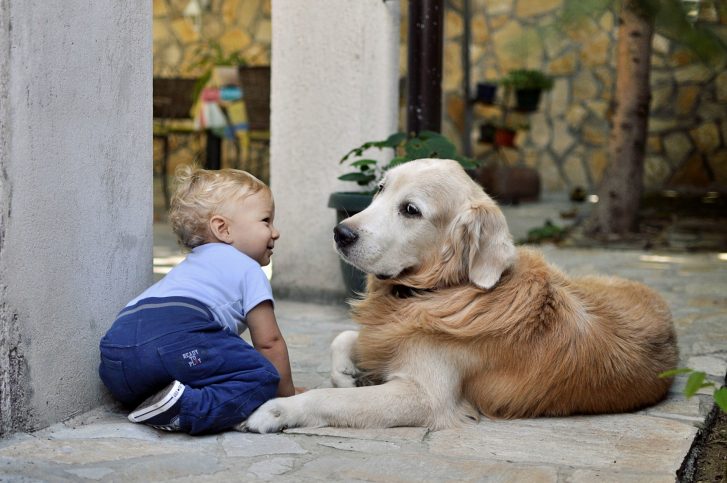Here’s How Pets Can Actually Boost Your Immune System
Most people think pets just keep us company. But science says that having animals around can change your immune system in ways you might not expect. From early childhood allergy protection to stress relief that keeps your defenses strong, these pets do some serious behind-the-scenes work.
Essentially, the immune system reacts to its environment. Kids raised with animals, especially in the first few years, show fewer allergies and asthma symptoms later. That is because early exposure helps their bodies recognize harmless things without overreacting, setting up better immune control for life.
A study published in The New England Journal of Medicine shows how close contact with animals makes a major difference for immunity. Comparing Amish and Hutterite communities reveals how close contact with animals helps. Amish children, who live with barn animals, have far fewer allergies than Hutterite kids. The difference? Amish homes are microbe-rich, which gives the immune system regular practice and keeps it well-adjusted.
Dogs Can Lower Asthma & Allergy Risks

Mali / Unsplash / Scientific studies show that kids who are around pets are less likely to develop the risks of allergies.
Studies show that growing up with a dog may cut childhood asthma risk by over 13%. This effect may even help kids with a genetic tendency toward eczema, since dog exposure appears to lower skin inflammation.
Some call it the “mini-farm effect.” The idea is simple: The more animals in a child’s home, the less likely they are to develop allergies. Having more pets increases the variety of microbes a child meets, giving the immune system a wider range of “training partners” to learn from.
Microbiologist Jack Gilbert says pet microbes don’t stay in your body long-term, but just being exposed helps your immune system stay flexible and aware.
Other scientists are looking into whether pets can change your gut microbiome directly. Some early research suggests pets might bring helpful bacteria that influence digestion and immunity.
Children in animal-filled homes tend to have more regulatory T cells. These cells keep the immune system from going overboard. Instead of attacking harmless things like pollen or pet dander, the body learns to tolerate them. This balance is key for long-term health.
In sanitized homes, the immune system gets bored and starts misfiring. That is one reason autoimmune problems are more common in clean environments. Pet-filled homes bring in more natural microbes. This helps the immune system focus on real threats, not harmless stuff like dust or mold.
Dog owners often get more outdoor time. That matters for your immune system. Time outside exposes you to natural microbes and helps regulate your body clock. It also increases vitamin D levels, which support immune responses. A walk in the park is more useful than it seems.
Spending time with pets can reduce cortisol, the stress hormone. High cortisol weakens the immune system and increases inflammation. Petting a dog or cat, even for a few minutes, can calm your nervous system and help keep immune responses balanced and steady.
Above all, the most powerful effects happen during early development. Babies and toddlers exposed to pets often build a better immune foundation. That doesn’t mean older people don’t benefit, but the biggest shifts in immune programming happen in those first few years. So, starting early makes a difference.